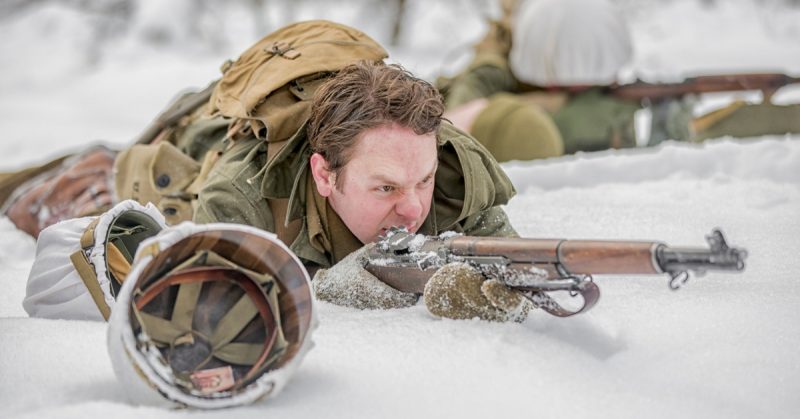Over the winter of 1944-5, the American army fought against German forces holding a defensive line in the Hurtgen Forest. It was one of the most demoralizing operations faced by American soldiers in the Second World War, a grueling fight amid the rain and snow in which heavy casualties were taken for very little progress.
Despite these dreadful circumstances, many men showed great heroism in the Hurtgen.
Herschel F. Briles
A sergeant in the 899th Tank Destroyer Battalion, Briles was a veteran of the African campaign and had already been awarded the Bronze Star for valor. In the course of a single day in the Hurtgen, Briles rescued the crews from three burning tank destroyers, on one occasion running two hundred yards under enemy fire to save his comrades.
He also directed his own vehicle straight into a group of German infantry, manning the machine-gun as he went, causing 55 enemy soldiers to surrender.
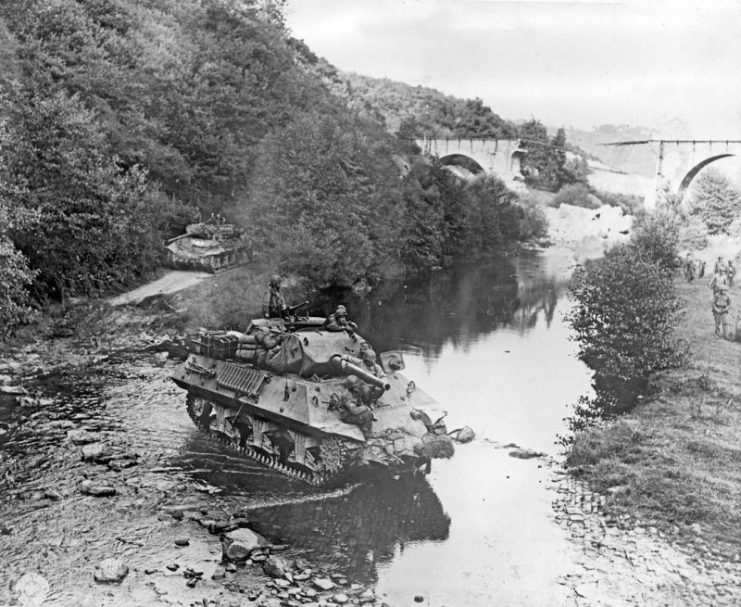
Lieutenant Fleig
While commanding a group of three Sherman tanks in the village of Kommerscheidt, Fleig came under attack from a numerically superior German force. As the Germans advanced, many of the American infantrymen in the area fled in panic. Fleig held his ground and his own tank took out five enemy tanks.
It was a small victory in the middle of a disastrous day, but that was enough to earn the praise of the infantrymen who had stuck with him. In honor of his achievement, they nicknamed him “General Fleig”.
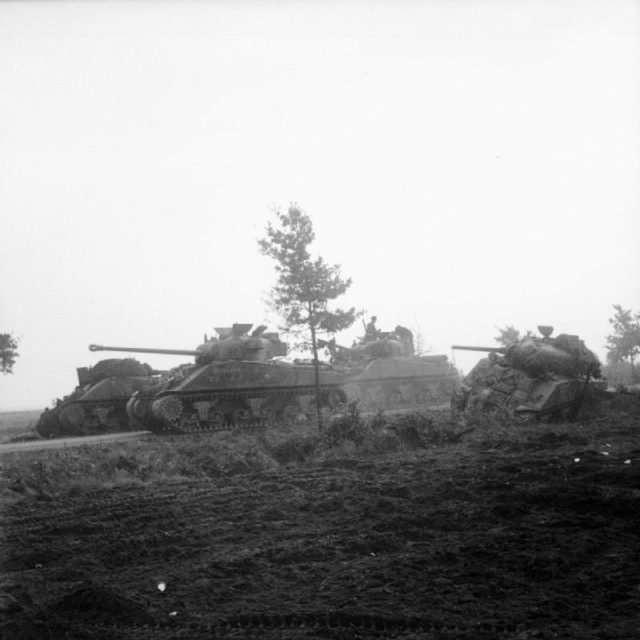
John W. Minick
A 36-year-old infantryman who had cried before his first battle and twice been demoted for his wild behavior, Minick surprised his superiors by proving to be a courageous frontline soldier, earning the Distinguished Service Cross in France.
In the Hurtgen, his unit, blocked by barbed wire, came under fire from German machine gun posts. Minick found a gap in the wire, ran through, and ran straight at the first emplacement, even as the machine gunners fired at him. He killed two of the five men in the nest, then made the others show him the way through a minefield.
More fighting broke out. Minick killed twenty Germans and captured another twenty before advancing again. He was within thirty yards of the enemy command post when he was killed by a mine.
For this incredible display of skill and courage under fire, he was posthumously awarded the Medal of Honor.

Marcario Garcia
Private First Class Garcia was an immigrant from Mexico who had joined the US Army in Texas. He was an acting squad leader in a platoon that took heavy casualties after running into a German machine gun nest. Garcia went alone into the woods containing the machine gun and took it out using grenades.
No sooner had he emerged than another machine gun opened fire. He ran back into the wood and took out this second group of Germans. Having restarted the advance, he stuck with his unit until they had taken their objective, despite having been wounded. He was awarded the Medal of Honor.
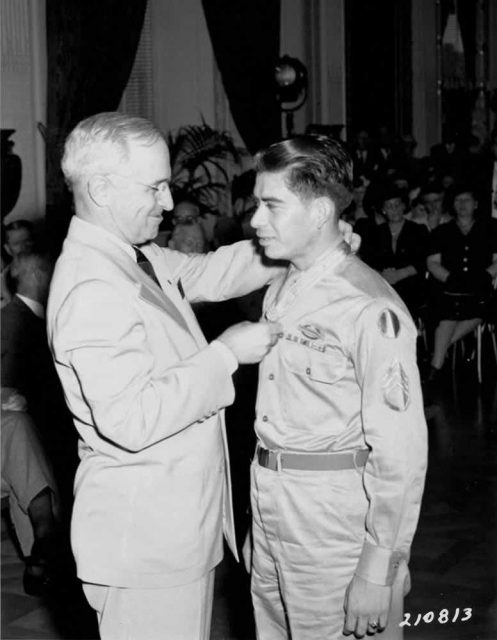
Paul Boesch
An ex-professional wrestler, Boesch was given command of a company after casualties had worn it down to 30 men. As he led them in an assault on the village of Hurtgen, they came under heavy fire, losing more soldiers. Boesch himself was knocked over when a bullet’s impact hurled a wounded man against him. He kept going, dragging men back into action to keep up the assault.
At the edge of the village, the survivors dug in. Lacking supplies or a way to get men safely out, Boesch did what he could for the wounded all through the day. At last, under cover of night, he was able to send men out and call reinforcements in, while he stayed in place, holding his position in the face of the enemy.
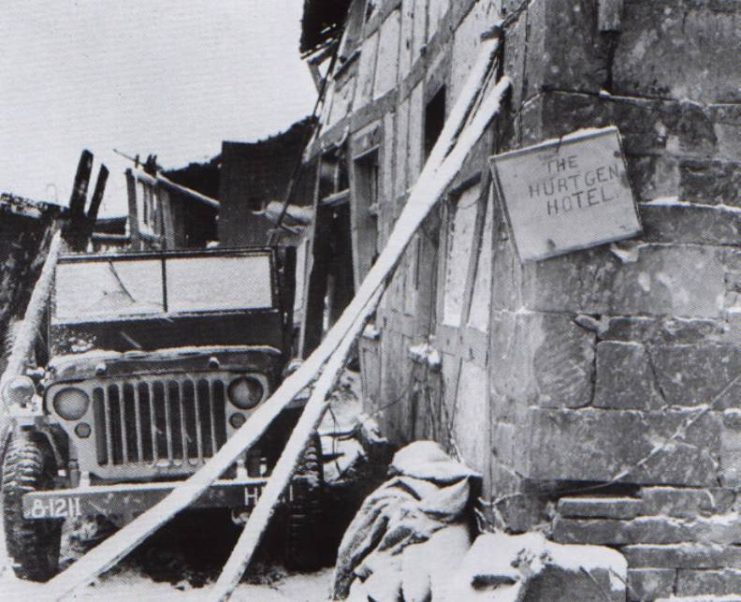
Sergeant Secor
The 2nd Rangers were holding a critical hill when they came under pressure from a focused German counter-attack. It looked as though they were about to be overrun.
Just as all seemed lost, Sergeant Secor rose up into the open, a captured German machine pistol in each hand, and started blasting away at the attackers. As Germans dropped to left and right, the assault broke beneath Secor’s withering fire. The survivors fled and the Rangers held.
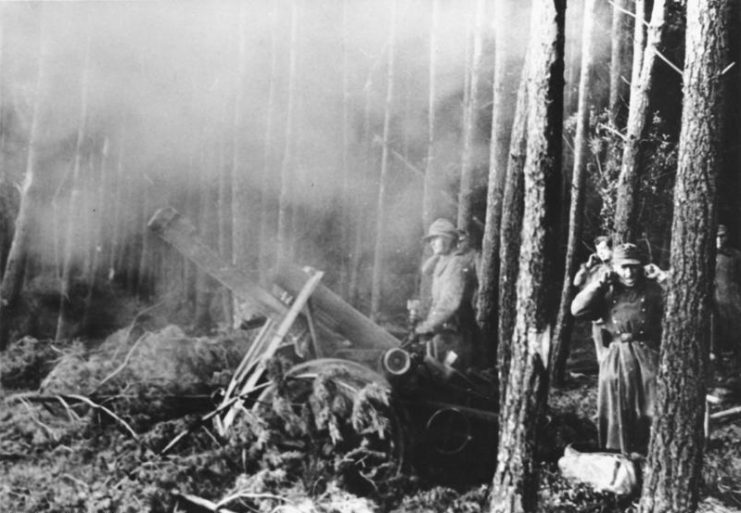
Jonah Kelley
Sergeant Kelley proved his courage during two days of fierce fighting for the hamlet of Kesternich. As his squad fought from house to house, he was always the first through the door, taking the greatest risk. Wounded twice, he refused to be evacuated both times, and by the end of the first day he couldn’t use his left arm.
On the second day, Kelley’s luck ran out. A burst from a machine gun caught him in the chest. Though fatally wounded, he fired three final shots, killing the gun’s crew and clearing the way for his battalion.
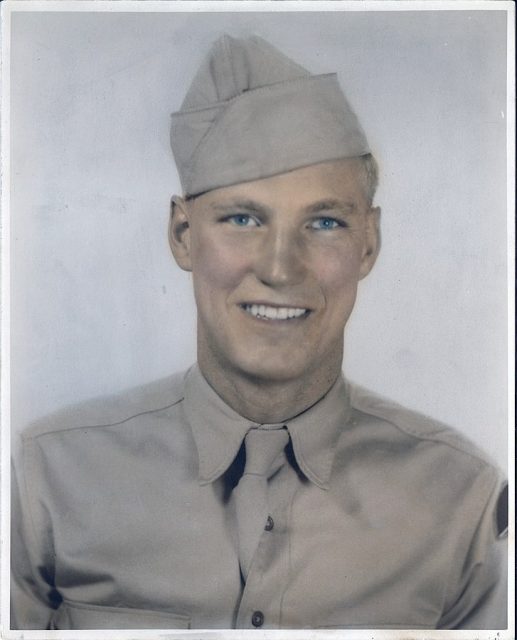
Anthony DeLaura
Even chaplains could become heroes. Captain Father Anthony DeLaura rescued ten injured men from an uncharted minefield before being wounded. Despite his injury, he carried on with the work, carrying more casualties to safety.
Leon Kraskin
Like many medics, Sergeant Leon Kraskin found that enemy fire made it hard for him to tend to the wounded. On one occasion, he repeatedly tried to crawl into the open to retrieve an injured man, only to be driven back by fire from a sniper.
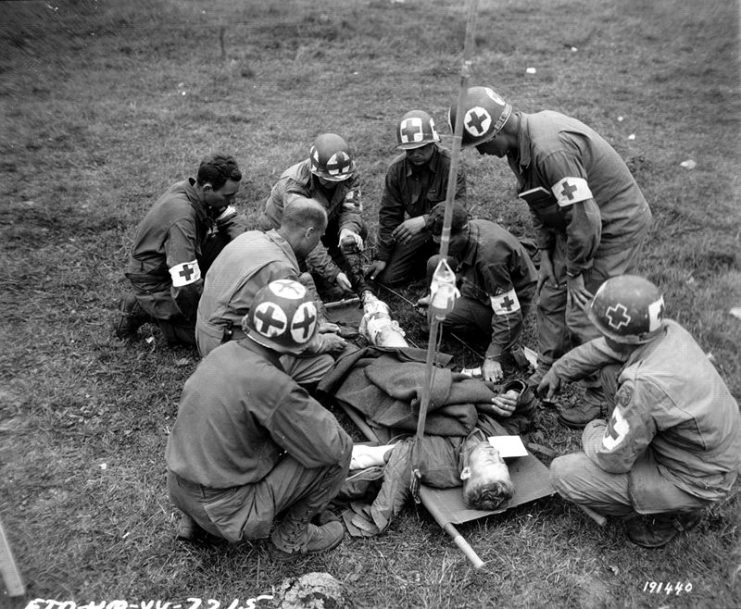
Finally deciding that enough was enough, he rose to his feet and walked straight out into the field. The sniper fired again, grazing the back of Kraskin’s head and driving part of his helmet into his skull. Kraskin continued undaunted, tended to the casualty, and then dragged him safely from the field.
Joseph Robert Sands
Corporal J. Robert Sands was serving in the 28th Infantry Regiment when it was sent into action against German troops at Hill 400. Later known as Castle Hill, this position gave its occupiers a view for 15 miles around. As long as the Germans held it, every American in the area was vulnerable.
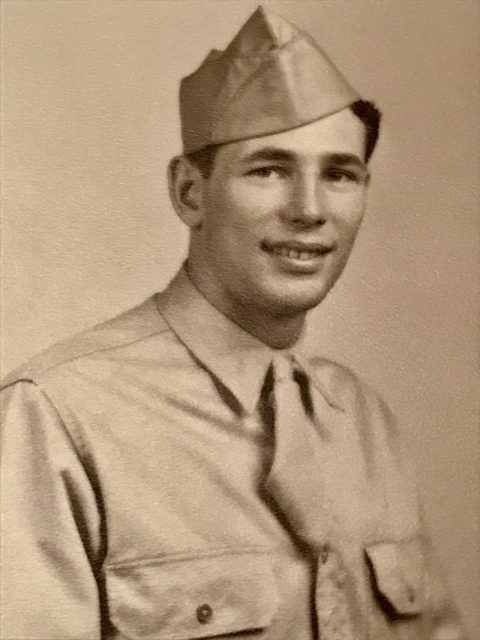
The attack on Hill 400 was launched on the 7th of December and by the 11th it had become the site of fierce back-and-forth fighting. As the Germans launched a counter-attack, Sands moved a heavy machine gun section into position, blocking their advance. Its fire power drove back the Germans, allowing an American advance to continue.
Artillery and mortar fire rained down around Sands, injuring two of the men with him. He went back to aid them and was himself injured in the process. Sands was awarded the Bronze Star for his courage and devotion to duty. Luckier than many Hurtgen heroes, he survived the war, living to the age of 94.
